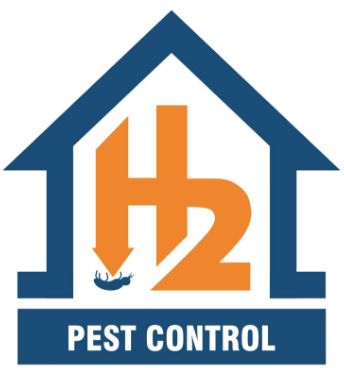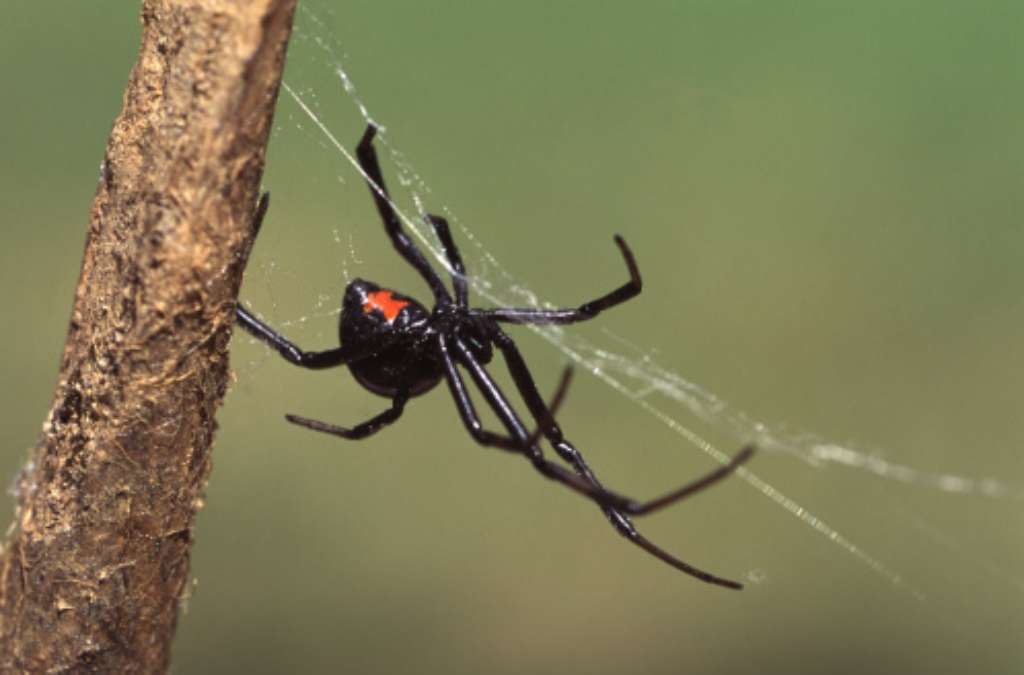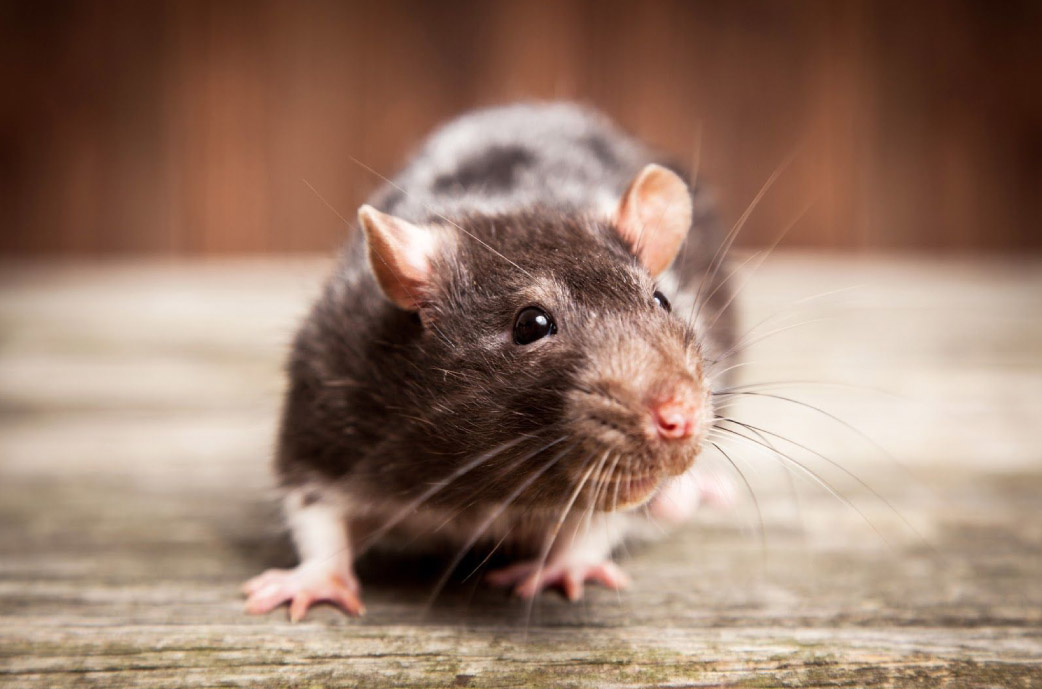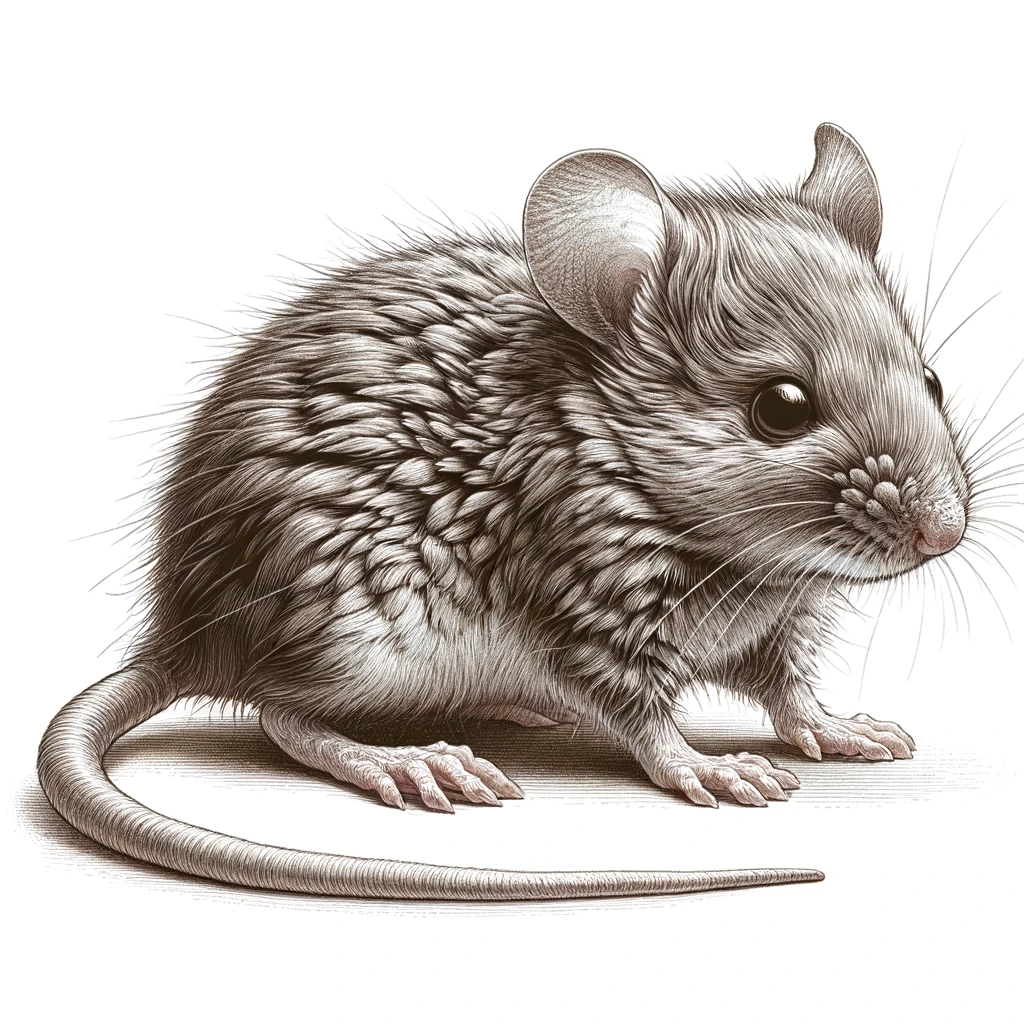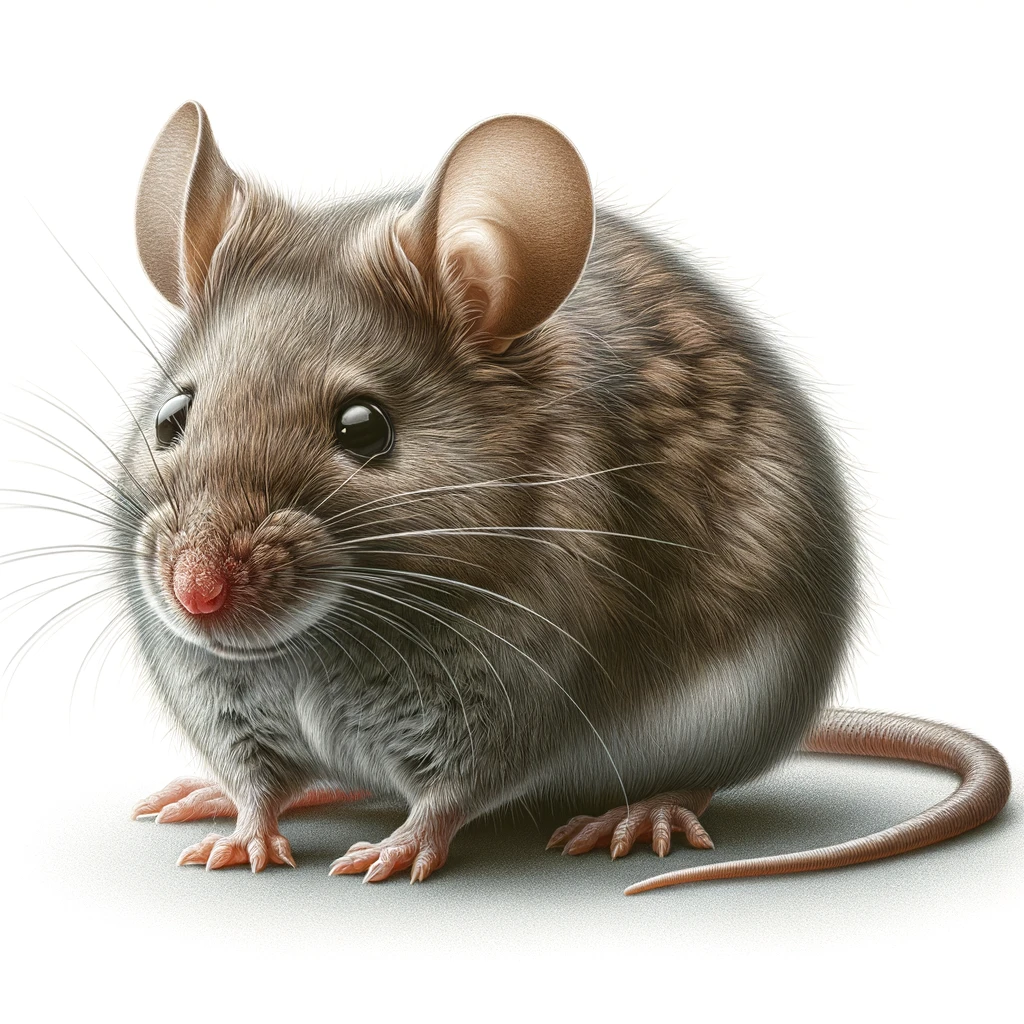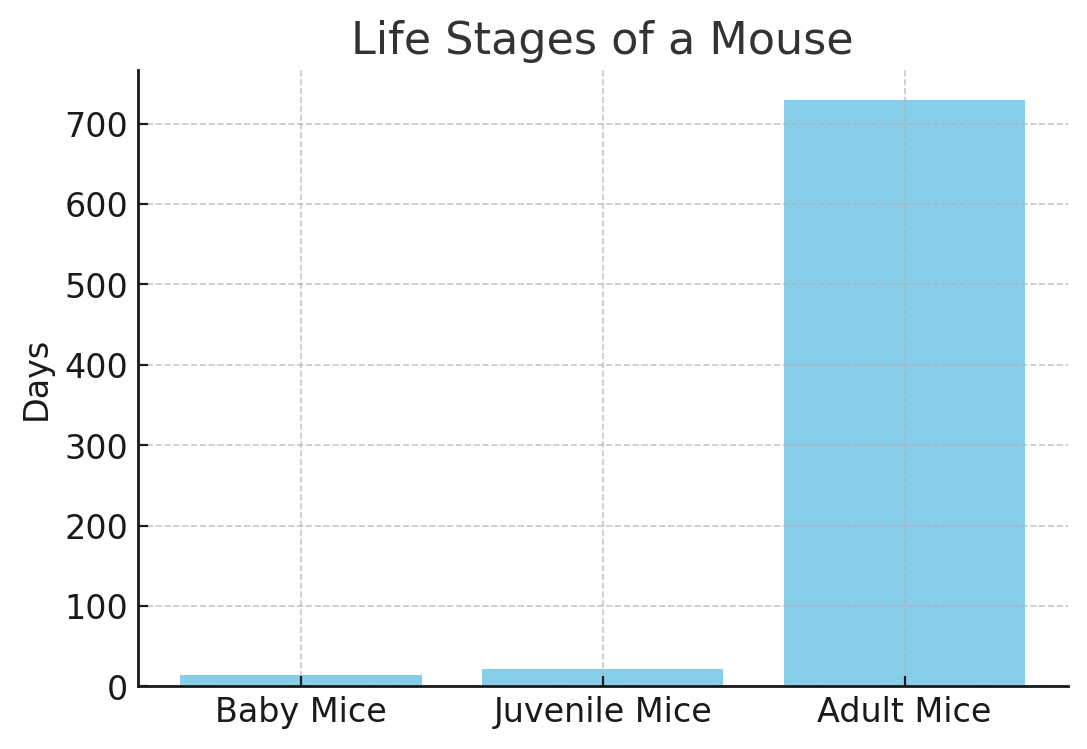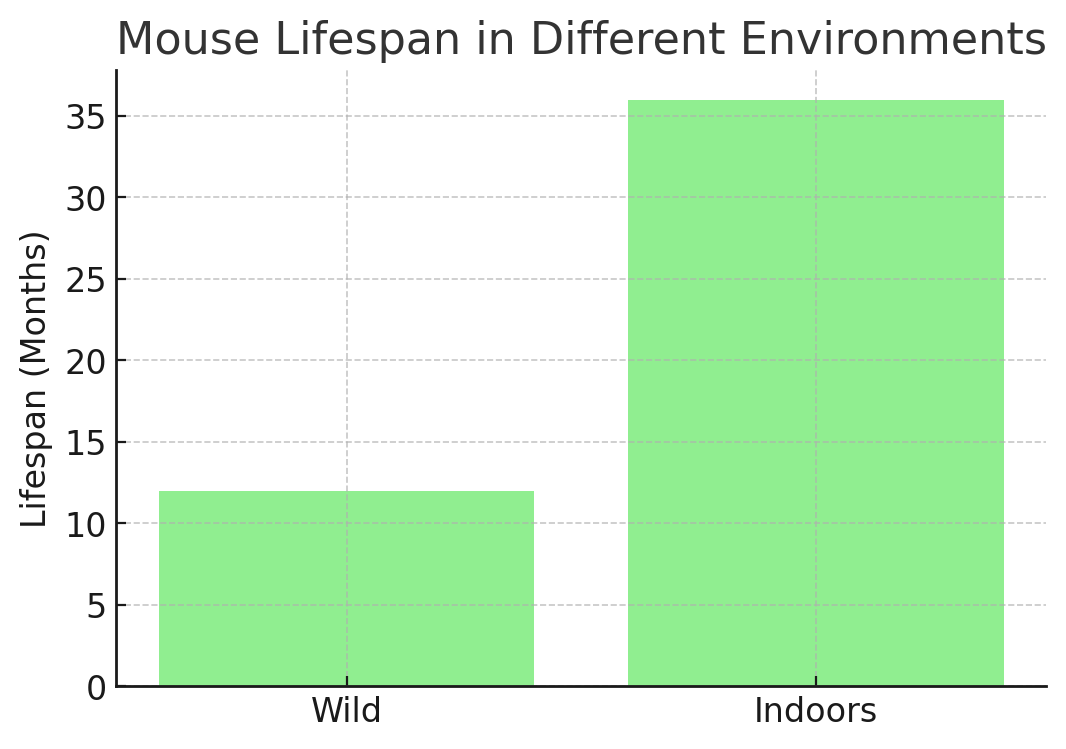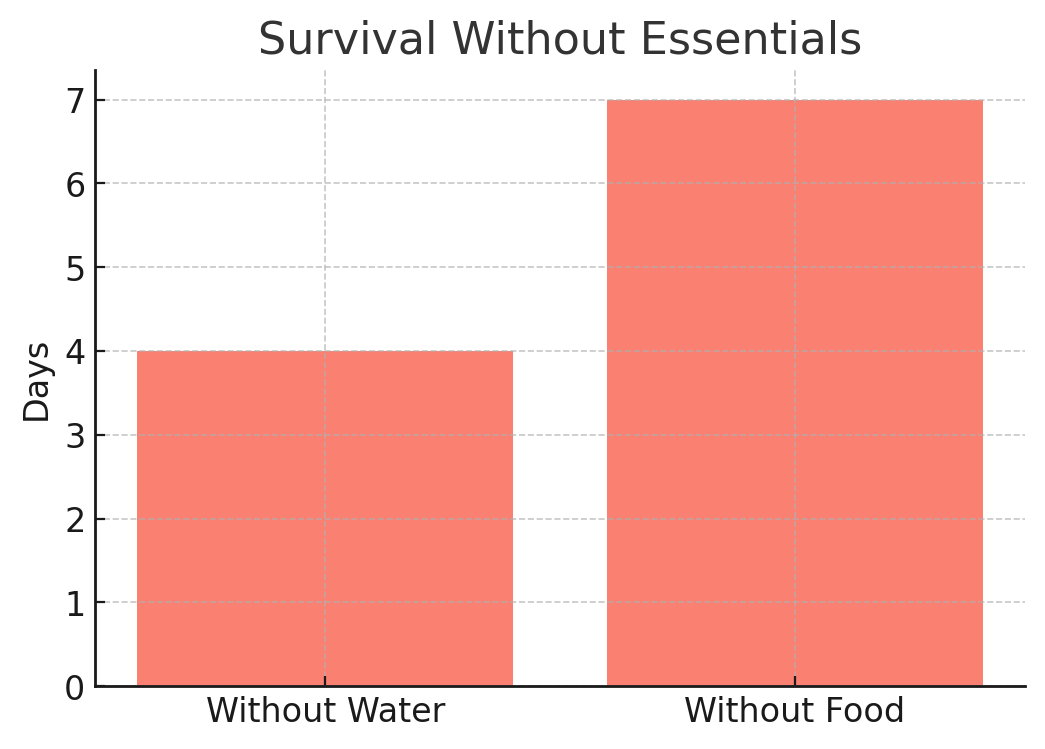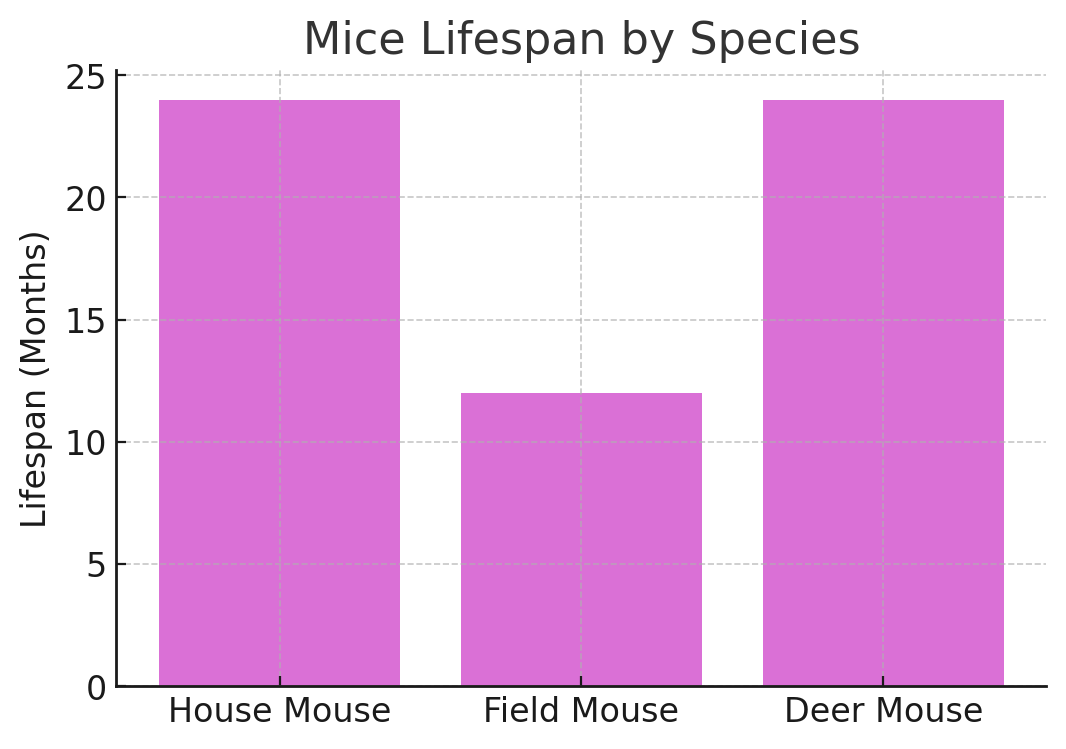How to Get Rid of Black Widow Spiders: Expert Techniques
hellogrow
on
March 26, 2024
Black widow spiders, known for their distinctive markings and potent venom, are unwelcome guests in any home.
Understanding how to identify, locate, and effectively eliminate these spiders is crucial for maintaining a safe living environment.
This comprehensive guide provides insights into professional techniques for dealing with black widow spiders.
Recognizing a Black Widow Spider
Identifying Features of Black Widow Spiders
Black widows are easily recognizable by their shiny black bodies and the red hourglass shape on their abdomens. Females, typically larger than males, can reach up to 1.5 inches in size when their legs are fully extended.
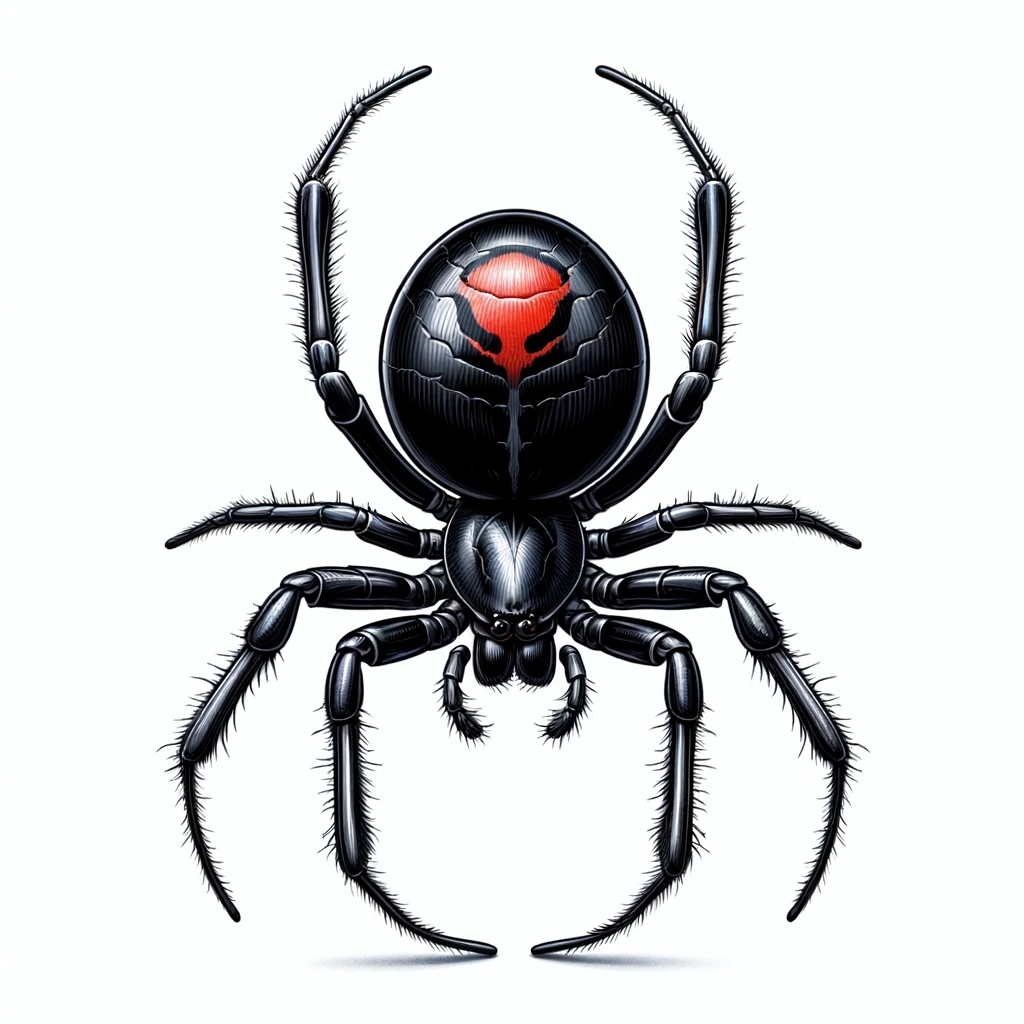
Locating Black Widow Habitats
Prime Locations for Black Widow Spiders
Black widows prefer dark, secluded areas. Indoors, they might be found in garages, basements, and cluttered closets. Outdoors, they favor sheds, under rocks, and woodpiles.
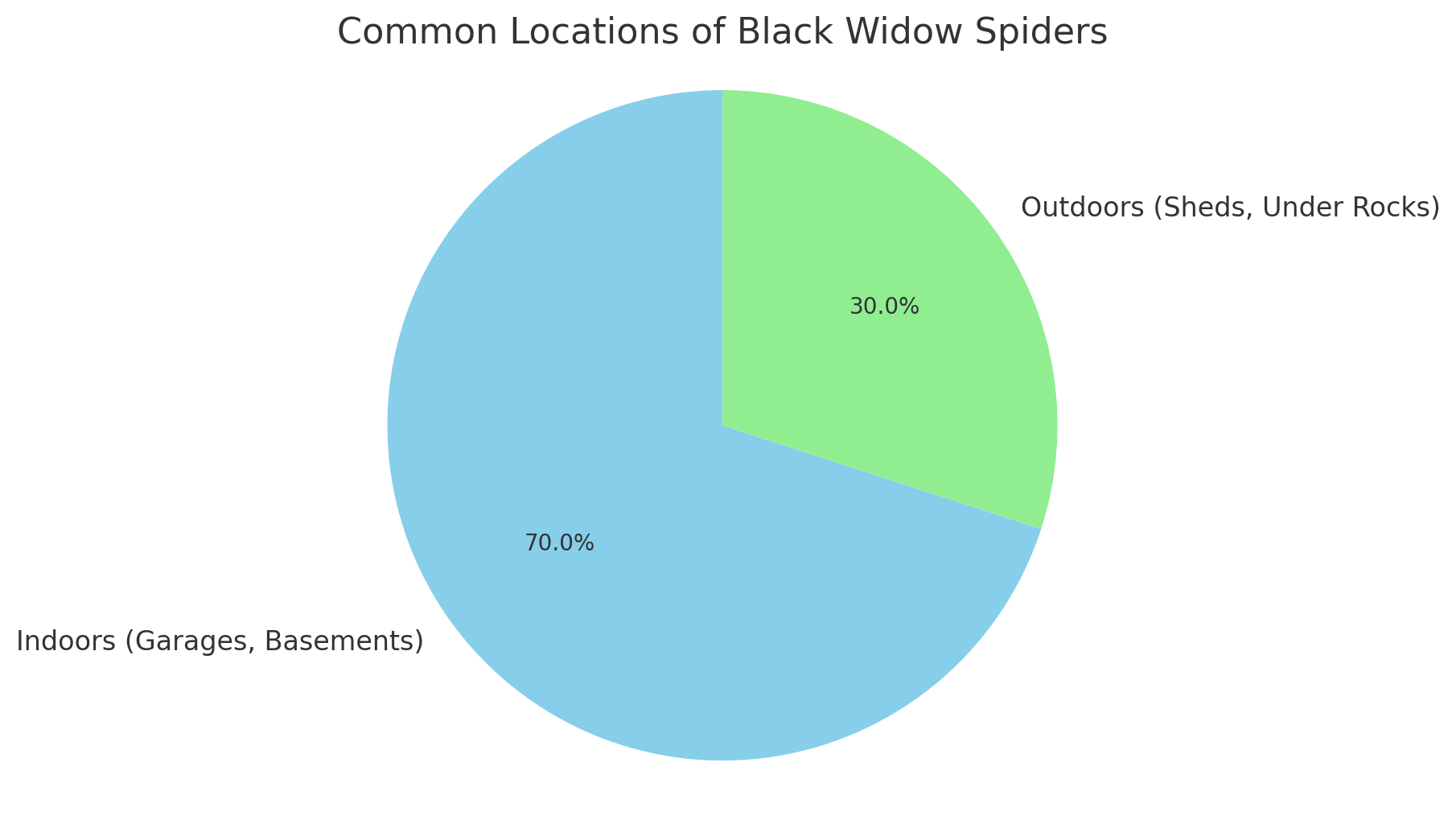
Indoors
Outdoors
How to Get Rid of Black Widows Effective Methods
Utilizing Chemical Agents
Pesticides: Chemical Solutions
-
Pesticides designed specifically for spiders can be effective in areas where black widows are spotted.
Dust Applications: Targeted Treatments
-
Applying insecticidal dust in cracks and crevices can target hidden spiders without spreading chemicals throughout your home.
Spray Contacts: Immediate Effects
-
Direct contact sprays provide a quick solution for visible spiders, delivering lethal doses to black widows on contact.
Natural Habitat Adjustments
Structural Barriers: Preventing Entry
-
Sealing cracks and openings around doors, windows, and foundations can prevent black widows from entering the home.
Environmental Management: Deterring Habitats
-
Removing clutter and debris from around the home reduces hiding spots for spiders, making your space less attractive to them.
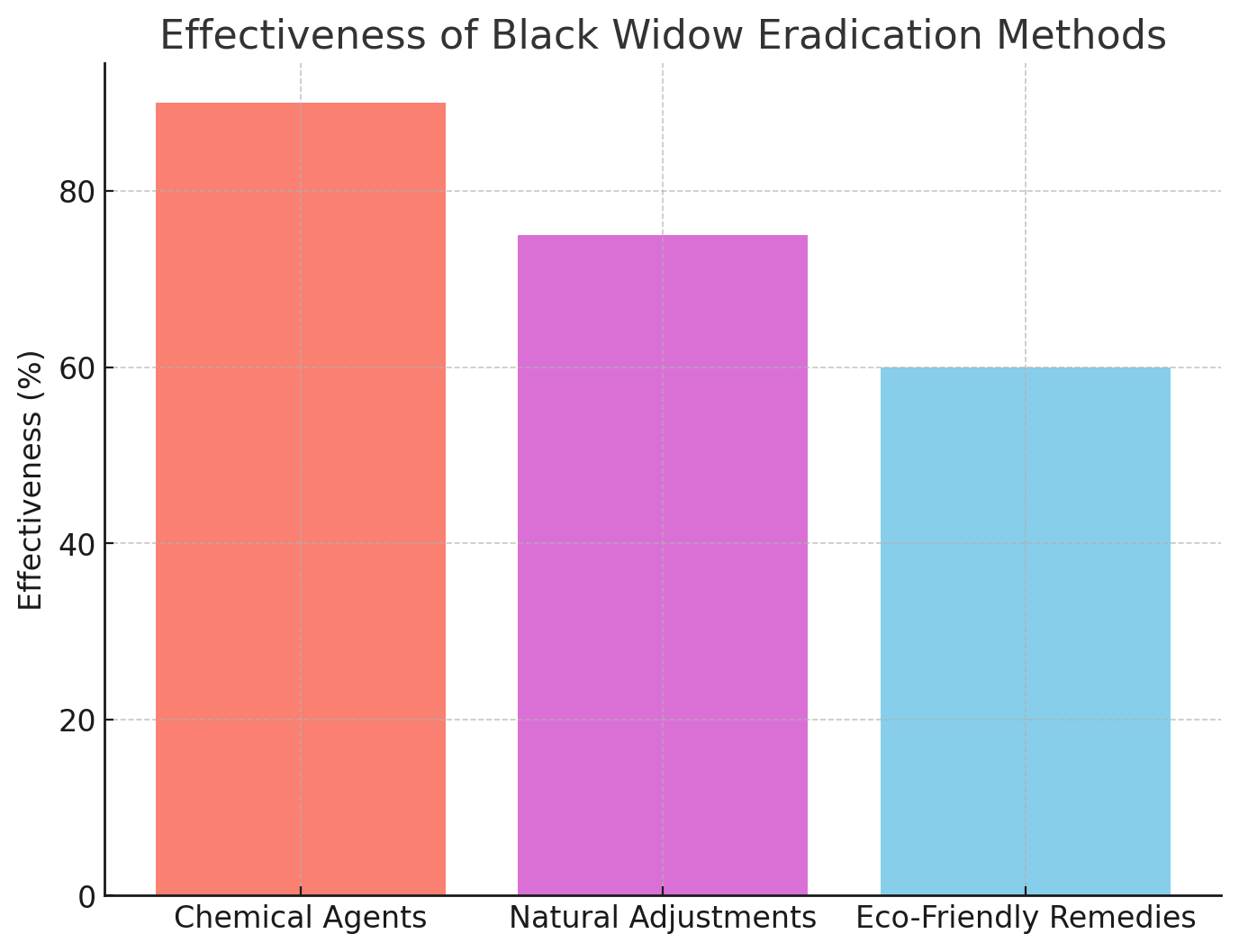
Natural Strategies to Combat Black Widows
Eco-Friendly Remedies for Black Widow Spiders
In the quest to manage black widow spider populations within and around our homes, many seek solutions that are both effective and environmentally friendly.
Utilizing natural substances, particularly essential oils, has emerged as a popular method for deterring these potentially dangerous spiders without resorting to harsh chemicals.
Below are some eco-friendly strategies and the specific essential oils that can be used as natural deterrents against black widow spiders:
-
Peppermint Oil: Known for its strong scent, peppermint oil is a potent natural repellent. The aroma is not only unpleasant to black widow spiders but also to a variety of other pests. To use, mix a few drops of peppermint oil with water in a spray bottle and apply it around areas where spiders are suspected to hide or enter the home, such as windowsills, doorways, and basement corners.
-
Tea Tree Oil: This oil possesses strong antimicrobial properties and a scent that’s equally disliked by spiders. Similar to peppermint oil, dilute tea tree oil with water and spray it in areas prone to spider activities. Its strong scent serves as an effective barrier against black widow encroachments.
-
Citrus Oils: Extracts from citrus fruits, such as lemon, orange, and grapefruit, are also known to repel spiders. The bright, acidic scent of citrus oils can help keep black widow spiders at bay. Wipe down surfaces or spray diluted citrus oil in spider-frequented areas for a natural deterrent effect.
-
Eucalyptus Oil: Another essential oil with a potent aroma that spiders find unfavorable. Eucalyptus oil not only repels spiders but can also provide a refreshing scent to your home. Use it as a spray in outdoor areas like garages, sheds, and around the perimeter of the house to prevent spiders from entering.
-
Vinegar Solution: While not an essential oil, a solution of vinegar and water can also act as an effective spider repellent. The acetic acid in vinegar is unpleasant to spiders, making it a great natural spray for areas where spiders gather.
By incorporating these eco-friendly remedies into your pest management strategy, you can reduce the presence of black widow spiders around your home.
Regular application and maintenance of these natural deterrents can provide a safer, chemical-free approach to controlling unwanted spider populations.
Removing Black Widows from Indoor Spaces
Strategies for Indoor Black Widow Elimination
Regular vacuuming and dusting, particularly in less-frequented areas of the home, can remove spiders and their webs, disrupting their living environment.
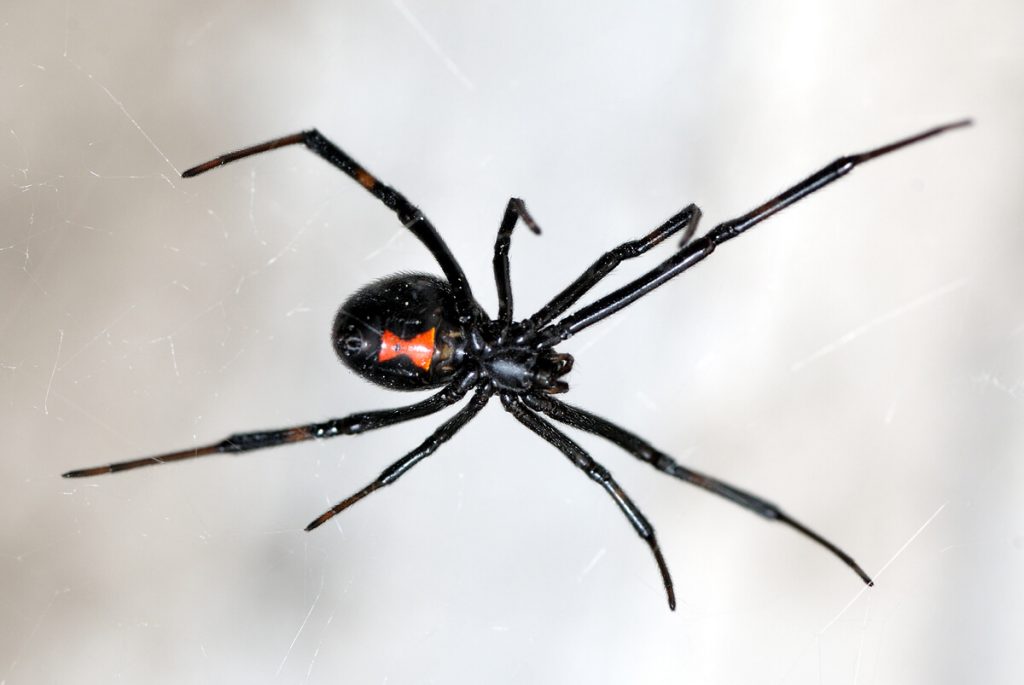
Addressing Outdoor Black Widow Populations
Techniques for Exterminating Outdoor Black Widows
Keeping yards clean, trimming vegetation away from the house, and using outdoor pesticides can reduce outdoor populations of black widows.
Key Considerations in Black Widow Removal
Essential Advice for Successful Black Widow Control
Patience and persistence are key. Regularly inspecting and cleaning your home, along with targeted chemical or natural treatments, can effectively control black widow populations.
Safeguarding Against Black Widow Spiders
Proactive Measures to Deter Black Widow Spiders
Maintaining a clean and clutter-free home and yard is the best defense against black widow spiders, alongside regular perimeter treatments with pesticides.
Professional Intervention for Severe Infestations
When to Seek Expert Help for Black Widow Issues
If infestations persist or you find black widow spiders frequently inside your home, it may be time to call in professional pest control services to manage the problem safely and effectively.
H2 Pest Control offers the best in class black widow control. Contact H2 Pest Control Today!
Frequently Asked Questions: Tackling Black Widow Concerns
- Direct contact pesticides and thorough environmental management are the most immediate solutions.
- Seal entry points, maintain a clean environment, and use natural deterrents to prevent black widow invasions.
- Black widows seek out dark, undisturbed areas where they can find food and shelter, making cluttered and rarely cleaned spaces particularly attractive to them.
By following these expert techniques and making a few adjustments to your home and habits, you can significantly reduce the risk of black widow spiders making a home in your space.
Learn more about Black Widow and Spider Removal:

